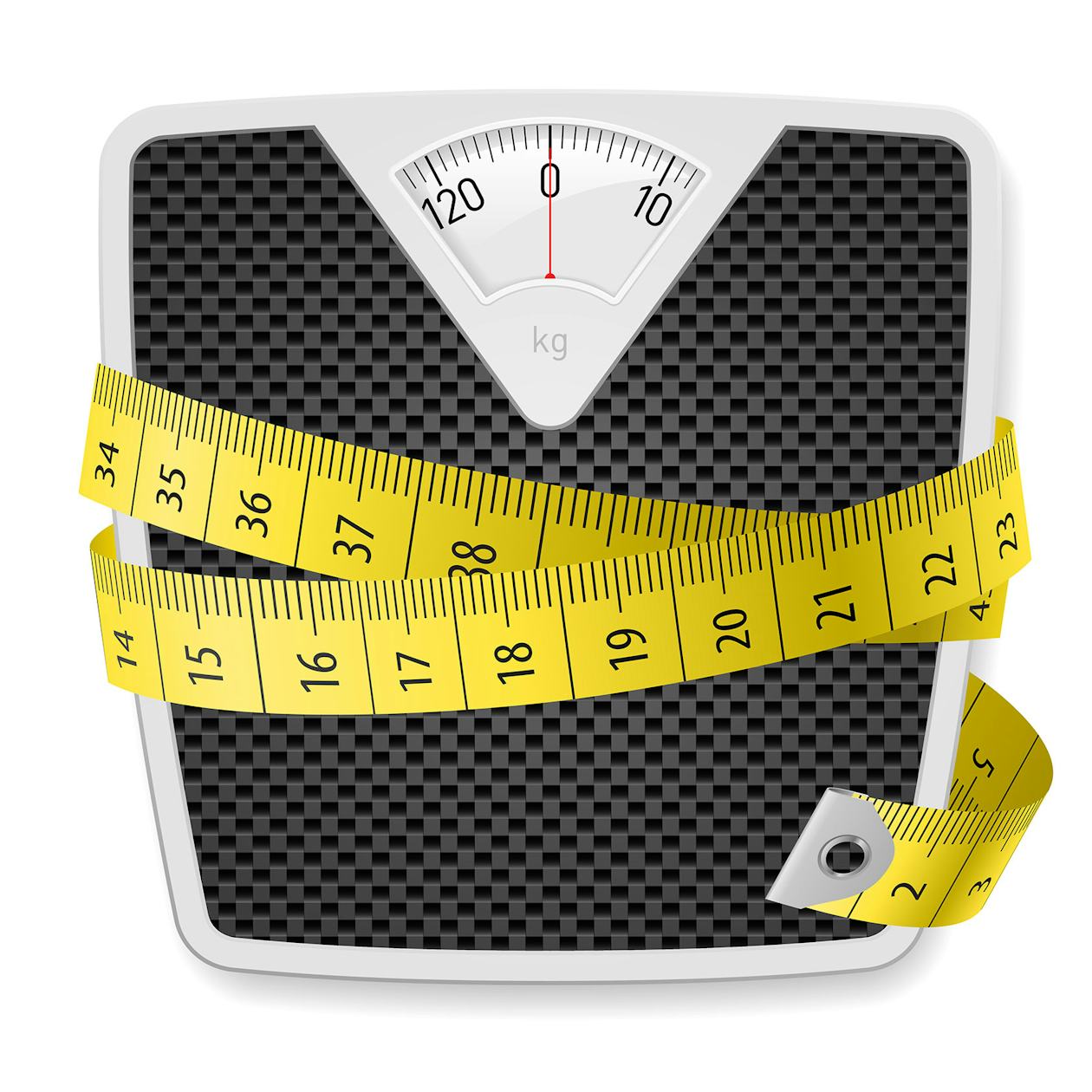This time of year most of you will be starting to think about what resolutions you want to make for the New Year. But, a couple weeks into the new year, and “New Year’s Resolution buzz” will already be wearing off. Maybe you hit the gym a little too hard and you’re so sore you can barely make it to the car, much less the squat rack. Or maybe the no-fat, no-carb, no-sugar, no-fun diet plan you decided to follow lost its appeal during your first post-New Year’s Eve happy hour.
The first thing you need to know is it’s both normal and okay to feel your resolve starting to wane. Don’t beat yourself up about it, and certainly don’t panic if you’ve already fallen off the bandwagon. Sometimes the trick to making a resolution stick is to stop chasing your original resolution, and instead reframe it in a more positive, motivating way.
The year has barely started – there’s certainly no reason to give up now!
Old Resolution: Lose Weight
If weight loss is your goal, you’re certainly not alone – losing weight tops the list of New Year’s resolutions every single year. However, there are a few problems with basing your resolution on weight.
Weight actually isn’t a helpful measurement – it provides almost zero information on your body’s internal makeup and how healthy or unhealthy you are. Plus, quick weight loss can be achieved through unhealthy means – fad diets, extreme workouts and eating disorders – while pursuing weight loss healthfully can actually be disheartening. It takes time to lose weight and you may even see increases on the scale as your body composition changes and you gain muscle.
New Resolution: Improve Body Composition
When you think about it, your goal isn’t actually to lose weight (although that may end up being a natural byproduct of your efforts). Rather, your goal is to improve your body composition – lean out, look svelte, see muscle definition and look damn sexy in clothing (or out of them), amiright?
Improved body composition – gaining muscle and losing fat through progressive training and a healthy diet – isn’t always seen on the scale. There’s a process to it, and it’s a process that, given time, works well, but it doesn’t always result in a steady reduction in weight.
Instead of allowing yourself to be emotionally controlled by the results on the scale, take a different approach. Get your body fat tested by a trained professional, then track your body’s changes with a weekly photo, tape measurements and clothing-check. Even if the scale doesn’t budge, you’ll be able to start assessing changes in your appearance by how you look in photos, how your measurements change and how your clothing fits. After tracking your progress for three months, have your body fat re-tested and see how far you’ve come.
Old Resolution: Follow a Diet Plan
If you show me a diet plan, I’ll show you a trail of disappointed souls who just couldn’t stick to the plan. Even the best diets set most people up for failure – they’re too restrictive, too hard to monitor or simply aren’t designed for real-world eating. If you’re already regretting your decision to try the Whole30-Paleo-Mediterranean-Gluten-Free-Fill-In-The-Blank diet this year, go ahead and give yourself a break.
New Resolution: Add Veggies
Rather than subscribe to a specific diet, resolve to eat veggies with every meal. There’s not a trainer, dietician or doctor in the world who would argue against a higher consumption of produce, and studies prove that increased veggie and fruit intake is correlated with increased weight and fat loss, especially when total calorie intake is managed.
Believe it or not, it doesn’t have to be hard – try sweet potato protein pancakes for breakfast, pack a spinach and strawberry mason jar salad for lunch and give this balsamic chicken and veggies recipe a try for dinner. Eating healthfully doesn’t have to be a flavorless, joyless undertaking, and it’s a whole lot easier to follow through on “eat a veggie with every meal” than “cut everything I love to eat out of my diet indefinitely.”
Old Resolution: Exercise More
The mind is a powerful thing, and because exercise is often associated with feelings of pain, failure and embarrassment, resolving to “exercise more,” is a bit like placing your brain under attack. You may know exercise is good for you, but no matter how much you tell yourself you should do it, you just can’t seem to mentally overcome the negative associations you’ve developed over time.
New Resolution: Participate in an Active Event
Rather than simply say, “I want to work out this year,” give yourself a greater goal – something you’ll actually look forward to and develop excitement about – and sign up to participate in an active event.
This doesn’t have to be a major competition (unless you want it to be, of course). A 5k walk that supports your favorite charity, an in-house pushup contest at your local gym, a spartan race with a group of friends, or a weekend yoga retreat are all great options. When you sign up for an event – again, one you’re actually excited about – you’ll be more likely to associate training with something positive, even if it’s still a challenge.
Setting SMART Goals
In addition to reframing your resolutions to make them more positive, it’s important to understand how setting SMART goals – goals that are Specific, Measurable, Attainable, Realistic and Time-constrained – can help you conquer your resolutions. It’s not just about saying, “I want to improve my body composition,” because that alone isn’t a specific, measurable or time-constrained goal – how or when will you know if you succeed?
Rather, you should say something like, “I want to improve my body composition and reduce my body fat by 2% in three months.” This type of SMART goal can be managed and measured, so you’ll know if you’re on track or if you should re-assess.
Own Your Choices
As I mentioned, the brain’s a powerful thing, so it’s important to think and talk about your resolutions in a way that encourages personal choice and ownership, For instance, when you say, “I can’t eat donuts, I’m on a plan that doesn’t allow them,” you’re giving away your power. You’re being a victim of your diet, faulting it for denying you access to various foods.
Instead, if you reframe the statement and say, “I’m choosing not to eat donuts right now,” you’re taking personal ownership and responsibility for the decision. It’s easier to stick to decisions and choices you take ownership of, than those you feel are being forced upon you from an outside source.
Need a few more examples? Try these mental switches:
Instead of saying “I have to go to the gym after work,” try, “I scheduled my gym session for after work,” or the even more positive, “I get to work out tonight.”
Instead of saying, “My doctor says I need to lose weight and he gave me this plan I’m on,” try, “After talking to my doctor, I realize I’m not at a healthy weight. With his guidance, I chose this plan I’m following.”
Instead of saying, “I can’t meet you for dinner – my trainer says I should work out,” try “I want to stick to my new exercise plan – can we meet later or choose another night?”
Try these tips and actually achieve your goals this year!


)





